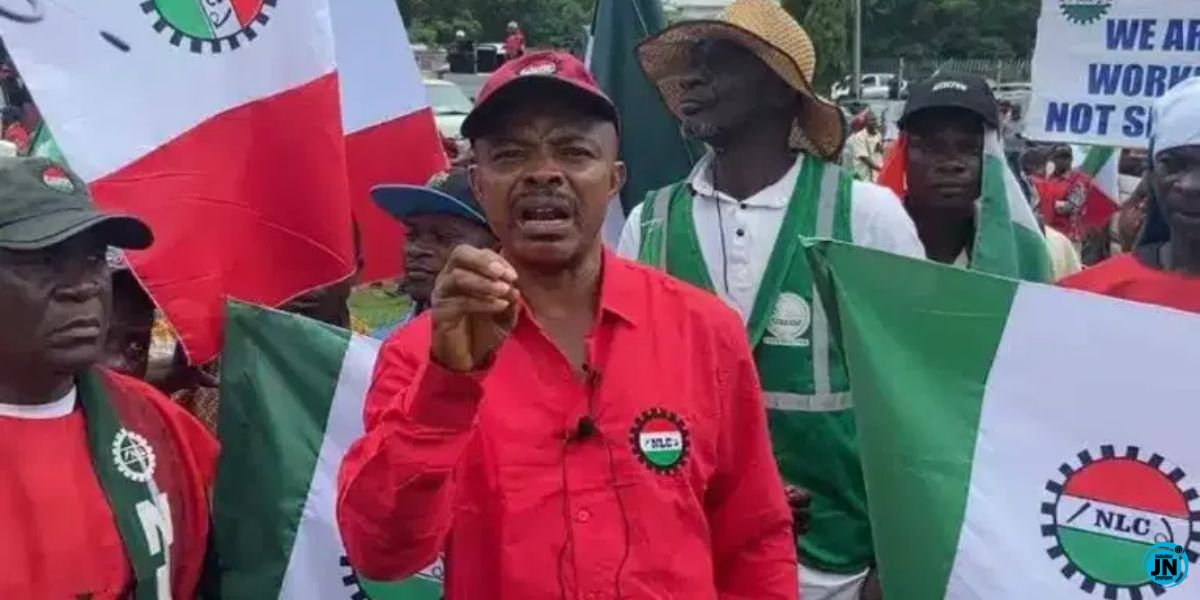
The Federal Government and leaders of the Nigeria Labour Congress (NLC) are set to hold a crucial meeting to address the ongoing controversy surrounding the scheduled protest by the NLC, which was organized in response to the recent hike in telecom tariff. The protest, which is slated for Tuesday, 4th of February, is centered around the 50 per cent hike in telecommunications tariffs that has sparked widespread concerns among Nigerian workers and the general public.
The meeting between the Federal Government and NLC leaders is expected to be a significant dialogue aimed at finding a resolution to the issues raised by the labor group. In addition to the telecom tariff hike, the NLC has also expressed strong opposition to the government’s N8 billion budgetary allocation for electricity bill sensitization. The labor movement has criticized this allocation, describing it as the height of profligacy, wastefulness, and corruption. These are central points that the NLC plans to raise during the meeting, as they continue to advocate for the interests of Nigerian workers and the wider populace.
According to a source from the Office of the Secretary to the Government of the Federation (SGF), which is hosting the meeting, the discussion is set to begin at 5 pm. The source further disclosed that the gathering will be an inter-ministerial meeting with the SGF playing a central role. The meeting aims to address the key concerns raised by the NLC regarding the federal government’s recent decision to approve the upward adjustments to telecommunications tariffs. The NLC, along with its allies and other concerned groups, has been strongly opposed to these tariff hikes, which they argue will place an undue financial burden on Nigerians, particularly workers and low-income earners.
This upcoming dialogue represents an effort to resolve the growing tensions between the labor movement and the federal government. Both sides are expected to engage in constructive discussions in hopes of reaching a mutually agreeable solution to the issues that have sparked widespread protests and opposition in the country. The outcome of this meeting will likely have significant implications for the future of labor-government relations, particularly in the areas of telecommunications pricing and budgetary allocations for public services.

